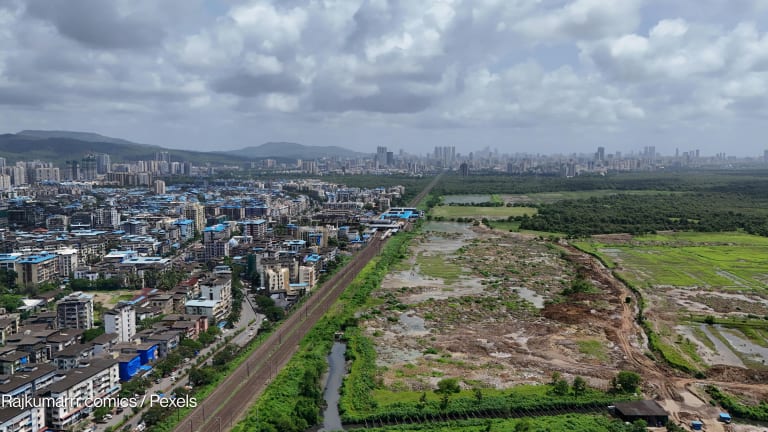Higher-income countries have missed a deadline to nominate their board members for the fledgling loss and damage fund, potentially creating delays in the fund’s bid to assist communities experiencing the adverse effects of climate change.
After decades of pressure from climate-vulnerable, lower-income countries and years of negotiations, countries agreed to institute the fund at the 28th U.N. Climate Change Conference of the Parties, or COP 28, and appoint a 26-member board to supervise it.
Regional groups were asked to select their board representatives “as soon as possible” and the U.N.’s climate change arm, the United Nations Framework Convention on Climate Change, was to convene the first meeting of the fund’s board after all members had been appointed, “but no later than 31 January 2024.”








